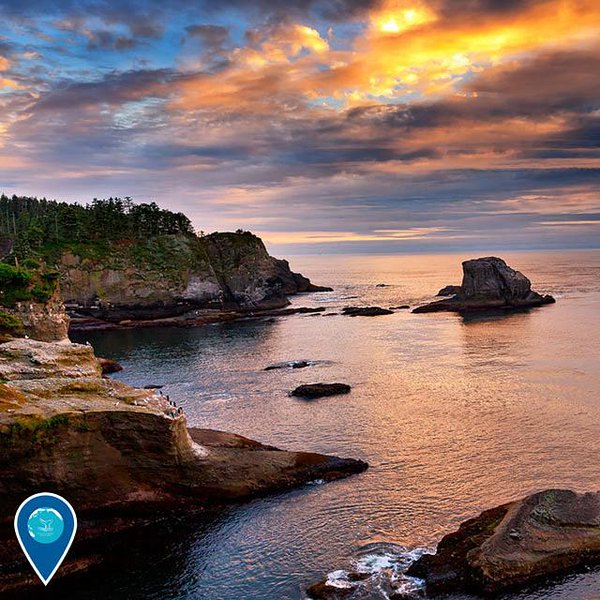A Sentinel for Change: Secrets along the seafloor in Olympic Coast
Whether you arrive on the Olympic Peninsula by land, sea, or air, you sense its remote, rugged and vast environment immediately. The Olympic Coast is home to productive waters which sustain thriving marine and coastal communities that have long supported the region’s tribal peoples. Ocean waters quickly deepen just offshore, boasting canyons which extend almost a mile below the surface – and have yet to be fully explored.
A Sentinel for Change: Secrets along the seafloor in Olympic Coast Read More »



